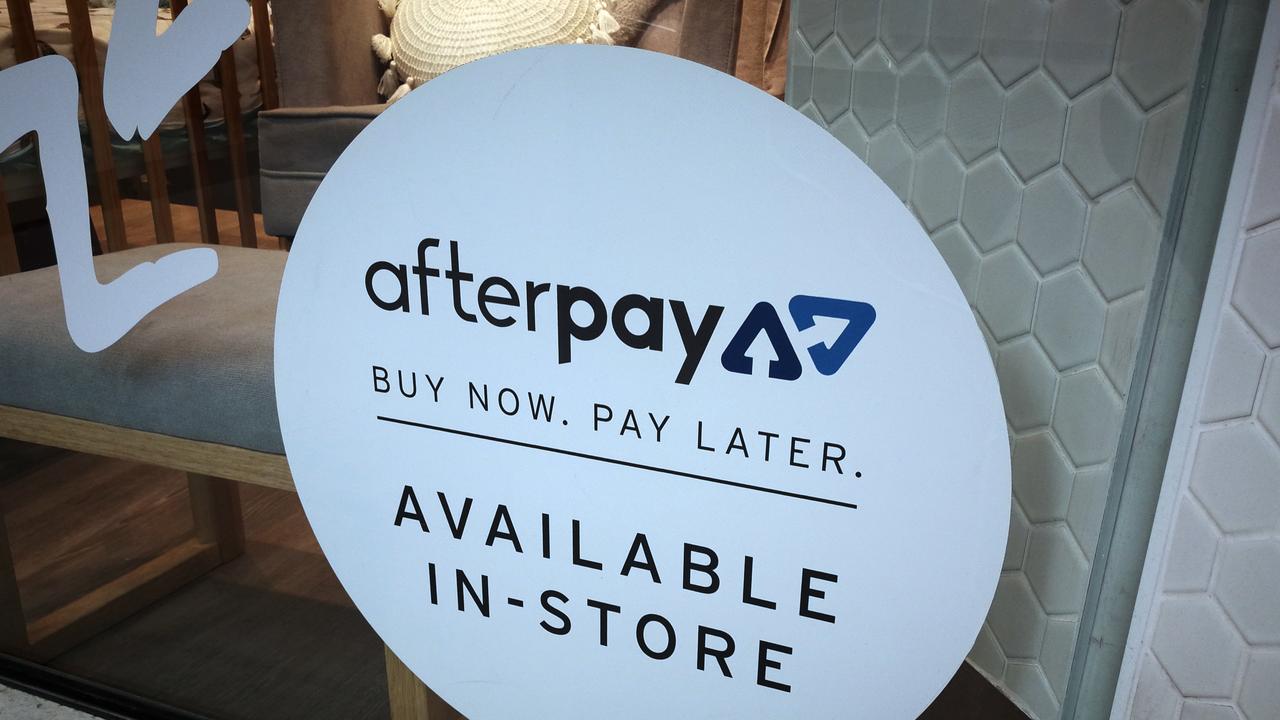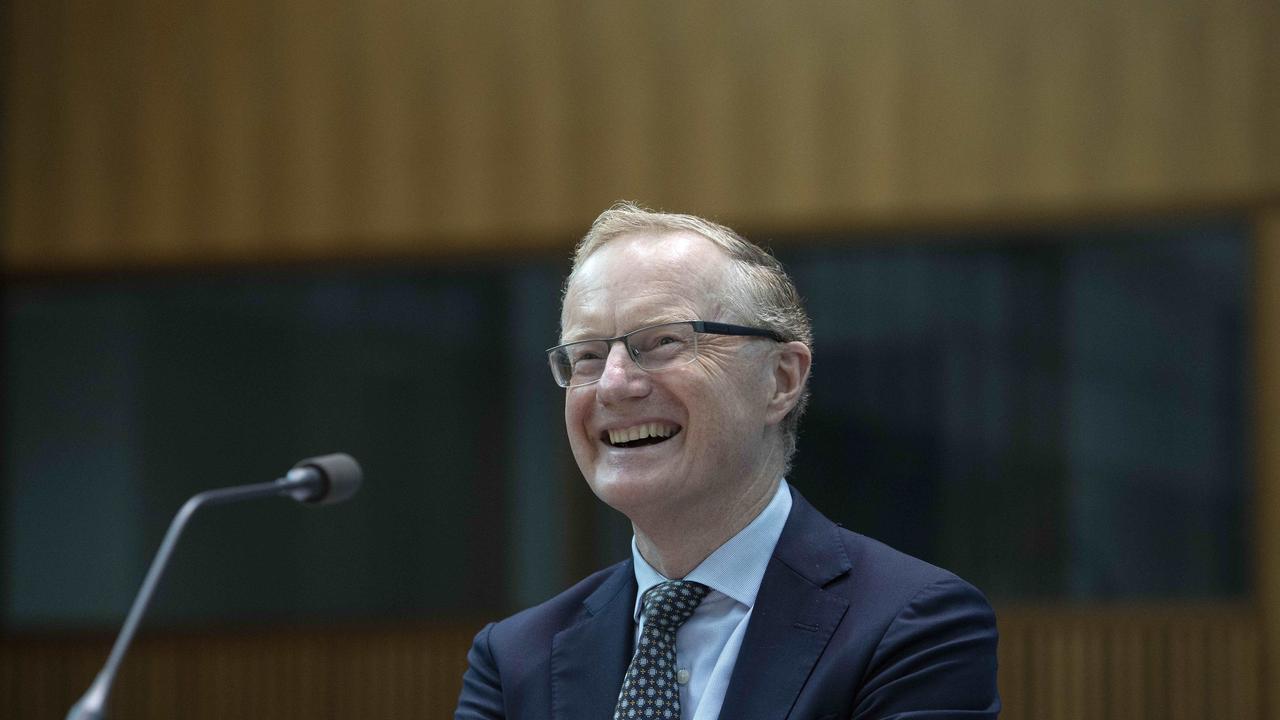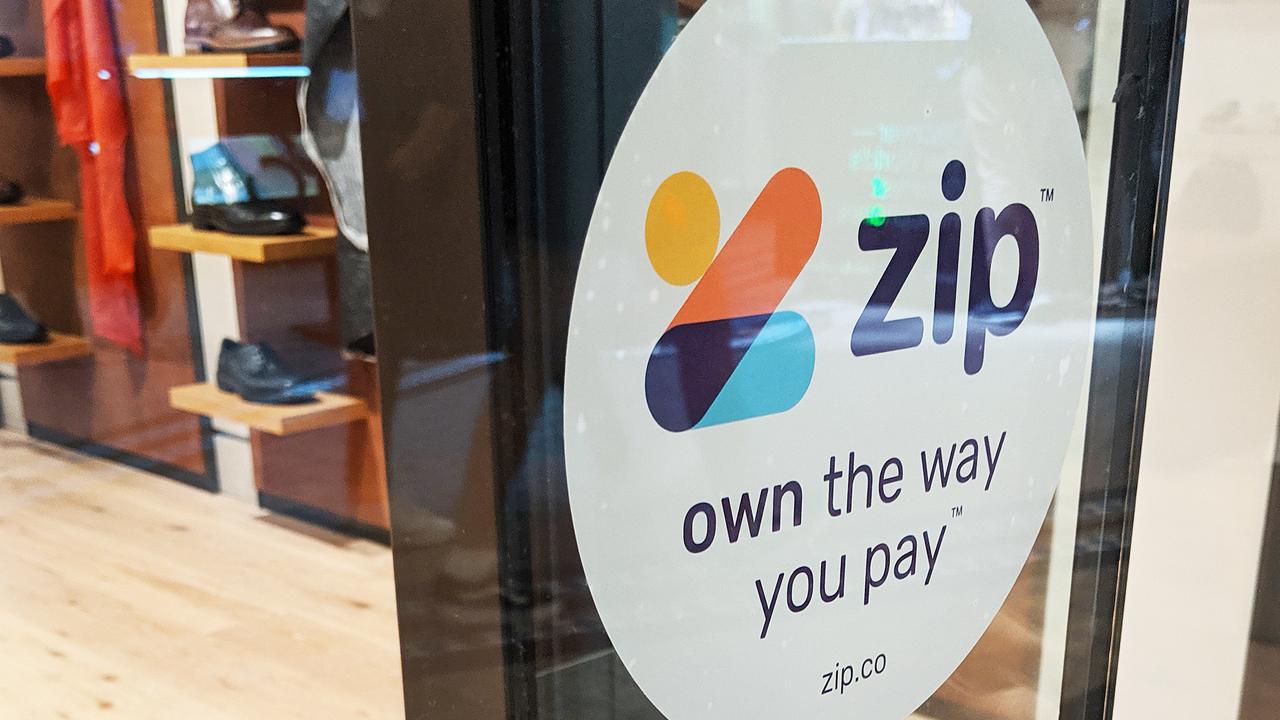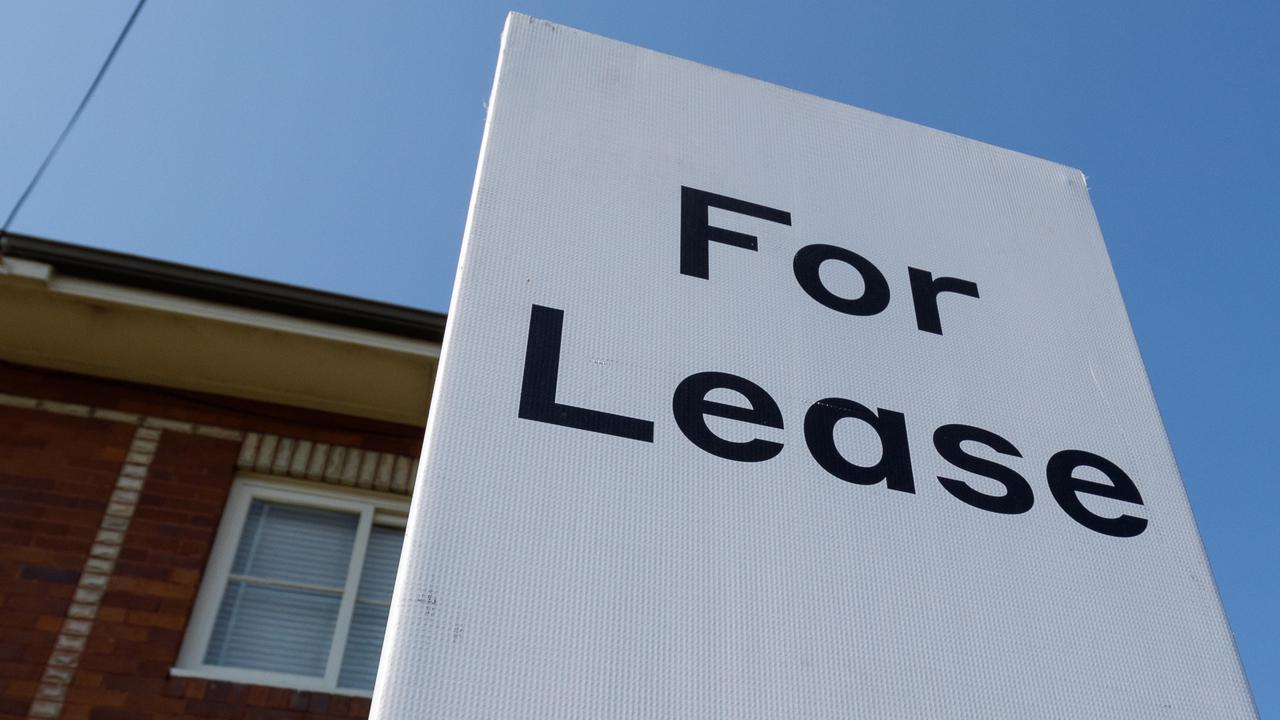Buy now, pay later benefits to merchants ‘outweigh costs’, RBA chief says
Buy now, pay later providers have been given regulatory breathing space, while Australians continue to take scissors to their credit cards.

The insistence of buy now, pay later providers that merchants don’t pass on the cost of their service to consumers looks set to remain for some time, the head of the Reserve Bank has indicated.
The BNPL sector is rapidly growing and proving an attractive alternative to credit cards, usually allowing shoppers to make an initial payment with the rest paid off through instalments, and while little or no interest is charged, late fees can apply if a payment is missed.
It leaves merchants largely carrying the cost of the service, but BNPL companies argue they help drive more sales.
On Monday, Reserve Bank of Australia governor Philip Lowe said the central bank’s board had taken the preliminary view that BNPL operators in Australia had “not yet reached the point where it is clear that the costs arising from the no-surcharge rule outweigh the potential benefits in terms of innovation”.
“So consistent with its philosophy of only regulating when it is clear that doing so is in the public interest, the board is unlikely to conclude that the BNPL operators should be required to remove their no-surcharge rules right now,” Dr Lowe said in a speech to the Australian Payments Network.

“The board expects that over time a public policy case is likely to emerge for the removal of the no-surcharge rules in at least some BNPL arrangements.
“If the point is reached where the board’s view is that the public interest would be served by the removal of a no-surcharge rule, the board’s preference would be to reach a voluntary agreement with the relevant provider.”
Australian Finance Industry Association chief executive Diane Tate said the recognition of the role that BNPL played in providing consumer choice and competition in the Australian payments landscape was welcomed.
There needed to be continued breathing space for the sector to establish itself, Ms Tate said.
“Ensuring that new providers like BNPL can enter the Australian market and offer innovative products and services is key to giving consumers choice to manage their money in the way that best suits them,” she said.

“BNPL providers have very different business models, which is good news for consumers but also for retailers.
“Better data is delivering better customer outcomes, with customers able to budget and track their purchases.
“It is also delivering better business outcomes, which is helping retailers understand their customers and rebuild their businesses.”
The Senate Select Committee on Financial Technology and Regulatory Technology has already suggested the booming sector can self-regulate ahead of its final report in April, while the industry is due to release a code of practice on March 1.
Also on Monday, figures showed Australians continue to wipe out credit card debt and take the scissors to their accounts.
The national credit card bill fell to $19.71 billion in October – the first time debt accruing interest had dropped below $20 billion in almost 16 years, RateCity said.

“While Australians are still chipping away at their outstanding credit card debt, the rate at which we’re knocking it off has slowed,” research director Sally Tindall said.
“Next month the number of transactions is likely to spike as a result of pre-Christmas sales, such as Click Frenzy and Black Friday.
“The real test will be whether the debt accruing interest spikes too or whether Australians have learnt their lesson about the perils of racking up high interest credit card debt.”
Canstar finance expert Steve Mickenbecker said the slowdown in the rate at which Australians were paying off credit card debt should not be a surprise given the tailing off of early release of superannuation.
“It will be important to ensure credit card debt isn’t transferred to other forms of debt such as buy now, pay later,” he said.
“The latest Canstar Consumer Pulse Report found the number of people with debt in a buy now, pay later service has increased to 18 per cent this year, up from 10 per cent in 2019.”



